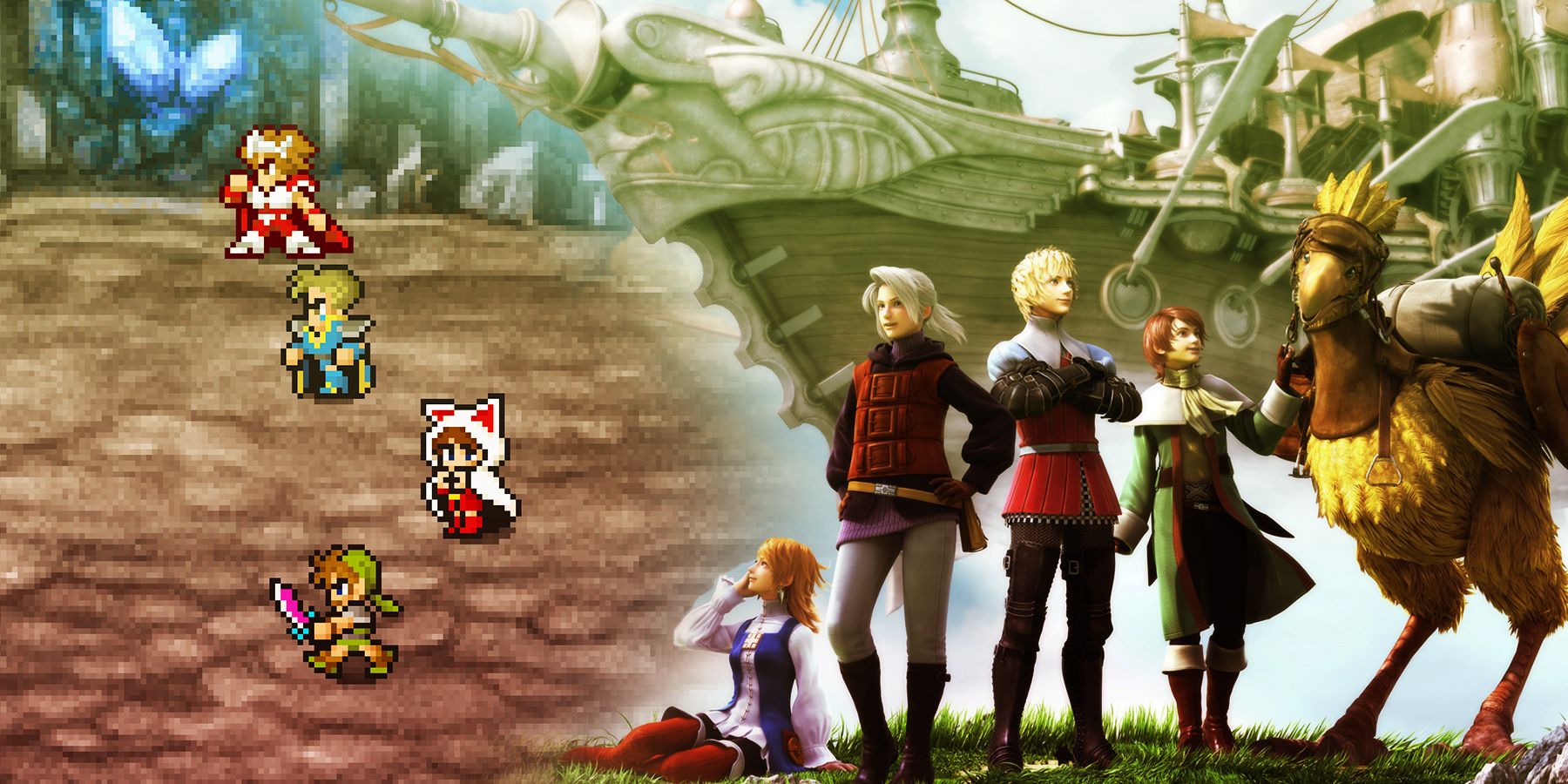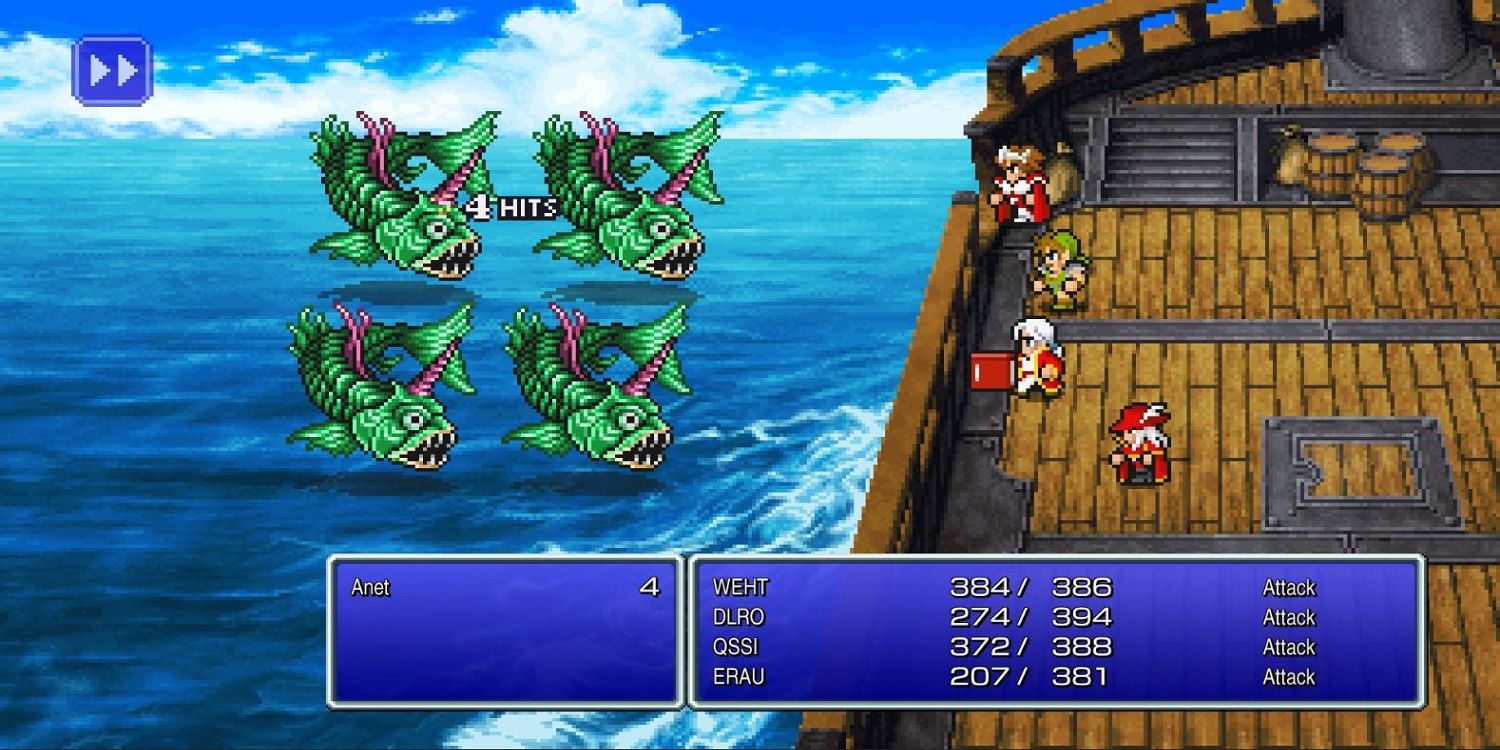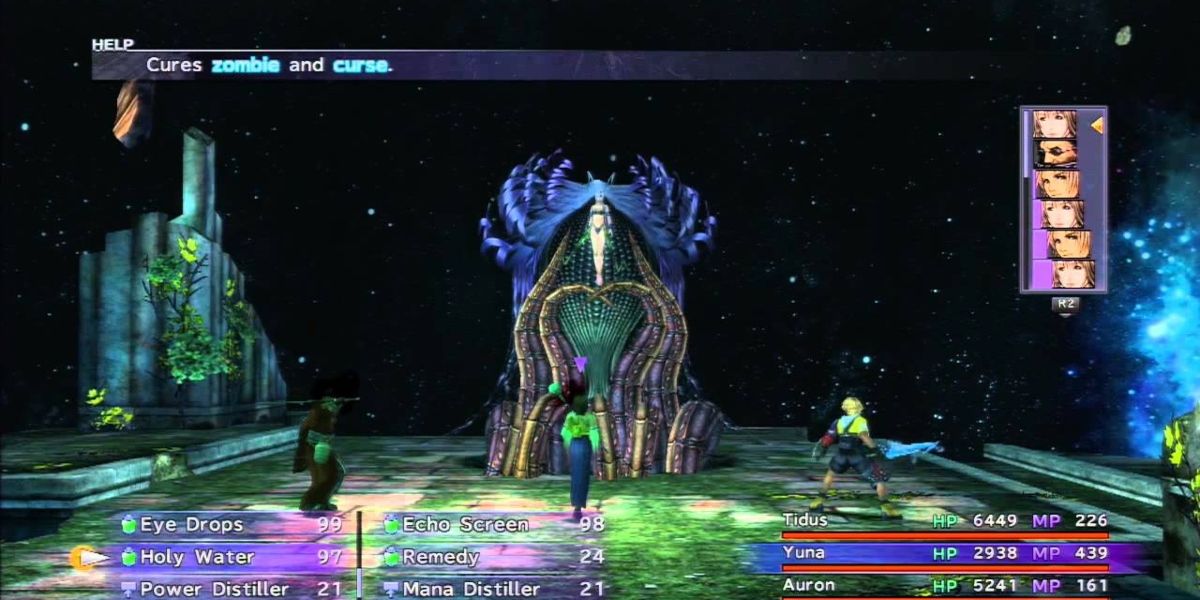Final Fantasy is a series with a long and storied history in the gaming space that has established the base tropes for the majority of turn-based JRPGs. The franchise has thirty years of creating a standard for how this genre is constructed from the ground up as well as revolutionizing those same mechanics from game to game. There is a lot of room for experimentation within the seemingly rigid structure of each game and much of that starts with Final Fantasy III, getting its first release in its original form outside of Japan in the Final Fantasy: Pixel Remaster collection.
Released originally in 1990, Final Fantasy III introduced the lauded Job-Change system wherein players could customize their party on the fly depending on the situation. Longtime players of the series would recognize the evolution of this system throughout the franchise, which makes Final Fantasy III the most influential game in the entire series.
Changing Classes on the Fly Was an Unprecedented Change
Final Fantasy III starts with the four blank-slate characters as Onion Knights, the first job that they have access to, when they stumble upon a crystal that gives them access to more abilities and jobs in order to combat the Cloud of Darkness, which seeks to pull the world out of balance. The story unfolds in Final Fantasy fashion, wherein plot twists and turns bring the characters into the wider world outside their floating continent that had been their home all their lives. As with all games in the series, the story is in service to a wider, overarching theme. In this case, it is balance and the constant push and pull between chaos and order that is inherent to the world within which the characters live.
The Job-Change system is introduced to players within the first fifteen minutes of the game when they are given access to the first set of classes: the classic warrior, thief, monk, and several flavors of mage. As the game progresses, more jobs open up with each crystal found by the gamer. Over twenty different jobs are introduced during the course of the game, and several staple abilities like summoning and stealing become accessible for the first time ever. Players are encouraged to try different combinations to determine what the strengths and weaknesses of each class are and see what works for them rather than lock them into a set party structure like many other RPGs of the time. There was a balance because as HP increases gained through leveling up accumulated into the abilities of the character. A black mage, for example, would gain HP more slowly than a fighter, so moving that character into a Knight job would create a melee character with lower HP.
It can't be overstated how much this changed Final Fantasy as a series from its inception. Not only did this introduce summoning, something that would become a staple for the series, but it also created the unique features of classes that would be forever associated with the franchise, such as the Dragoon. This was the first time a game was this easily customizable and players were able to develop their own unique experiences with each experiment.
The Job-Change System Gave Final Fantasy Its Identity
The Job-Change system would have an intense effect on the games from that point onward, with Final Fantasy V using a similar system and coming to its natural evolution in Final Fantasy X, with the sphere grid allowing players to build characters and essentially multi-class. Final Fantasy X-2 would give players the dresspheres that occupy the same idea as the Job-Change system wherein Yuna, Paine, and Rikku could change classes on the fly and get access to different abilities and outfits.
Up until Final Fantasy III, it could be argued that the franchise was pretty much like any other turn-based JRPG on the market. There wasn't much of an identity to the franchise yet beyond its beautiful music and art, but this change brought the series forward to its ultimate culmination. Much of what Final Fantasy is today would not exist without the Job-Change system of this early classic.



